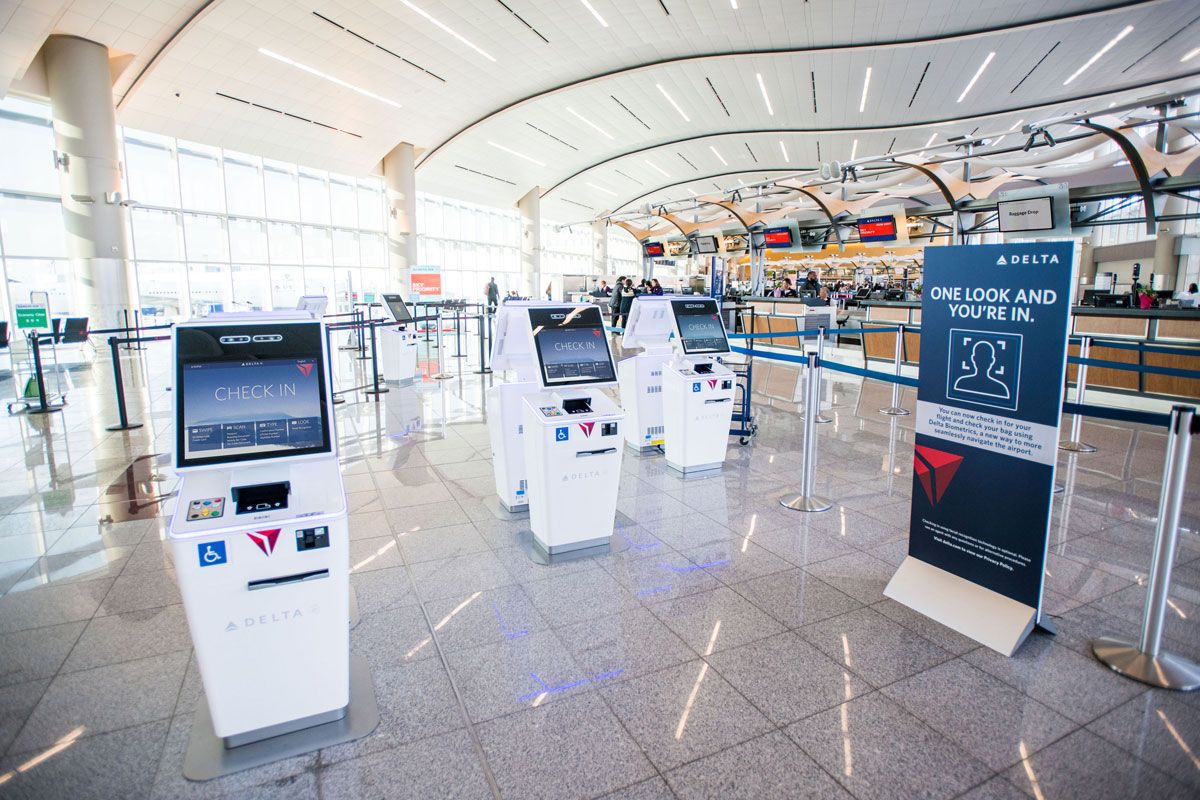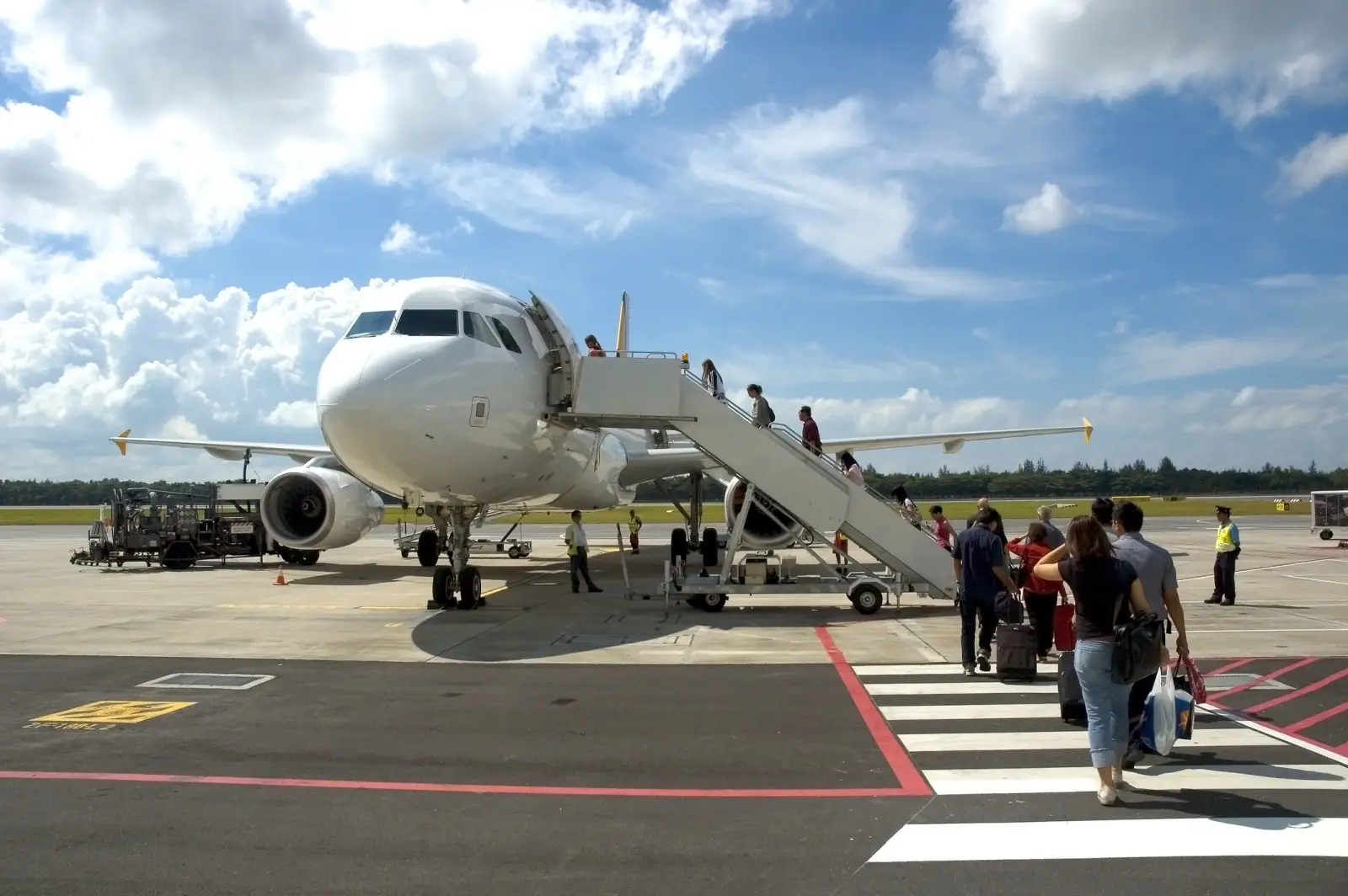The International Air Transport Association (IATA) has released the results of its 2023 Global Passenger Survey (GPS), shedding light on the accessibility of air transport for passengers with disabilities.
The findings indicate a high level of satisfaction among those who utilized special assistance services, with 80% of travelers stating that their expectations were met.
Conrad Clifford, IATA Deputy Director General and Corporate Secretary, reflected on the progress made since the IATA Annual General Meeting in 2019, where a resolution was adopted to ensure safe, reliable, and dignified travel for every traveler. “While there is still work to be done to fully support the needs of our passengers with disabilities, these survey results demonstrate that we are moving in the right direction,” Clifford stated.
The survey also highlighted a growing trend of travelers requesting special assistance, a demand that is expected to continue rising due to aging populations in key air transport markets. This presents a challenge for the aviation industry, as it strives to find the necessary resources to cater to this important demographic.
Linda Ristagno, IATA’s Assistant Director for External Affairs, emphasized the need for tailored solutions to meet the diverse needs of travelers with disabilities. “The industry is working on ways to ensure that wheelchairs and a variety of other options are available to accommodate the diverse needs of travelers, whether they require help with wayfinding, have difficulty with stairs, or are visually impaired,” Ristagno explained.
Critical Need for Clear Information
The GPS also identified website accessibility as a critical area for improvement, with 20% of travelers highlighting the need for better accessibility in booking and reservation processes. In response, IATA has issued guidance material to help airlines enhance their websites, ensuring easy access to all necessary information for travelers with disabilities.
The guidance encourages a streamlined approach, enabling travelers to access crucial information directly from the homepage with just one click. It provides best practices for creating clear and intuitive information pathways on airline websites, ensuring that passengers with disabilities or reduced mobility have direct access to essential details about air travel arrangements and passenger rights.
“Clear information is crucial for all travelers, and this is especially true for those with disabilities who require assistance and need to carefully prepare their travel arrangements. While airlines have made significant strides in providing guidance on their websites, there is still room for improvement in making specific information more easily accessible,” Ristagno concluded.













